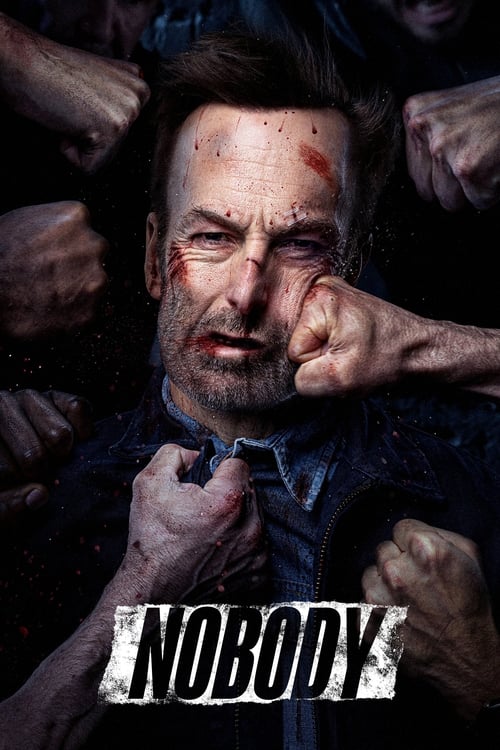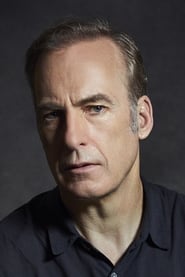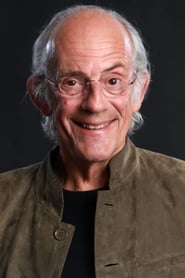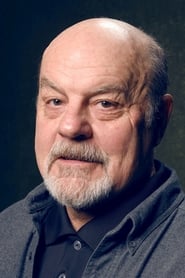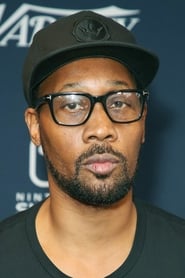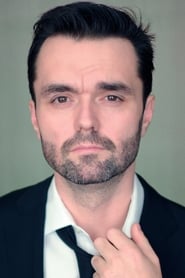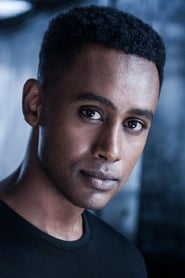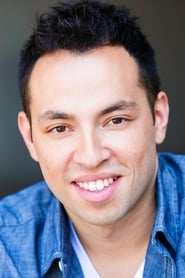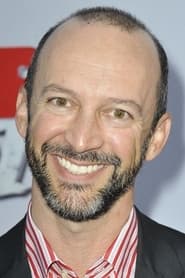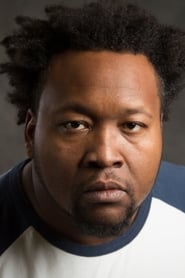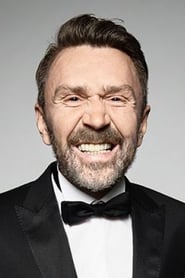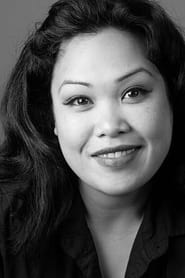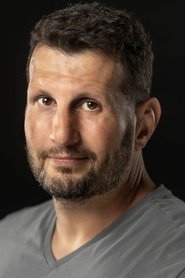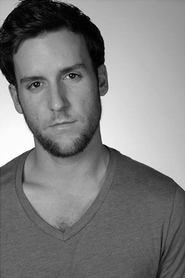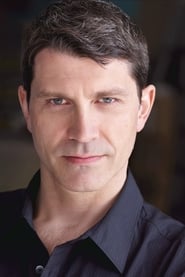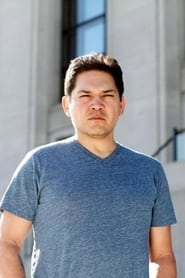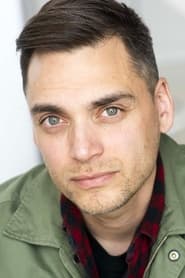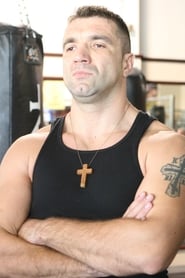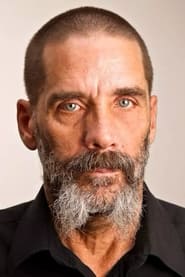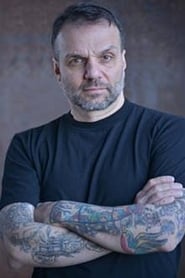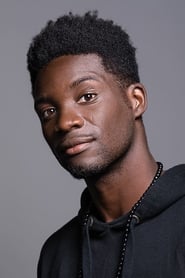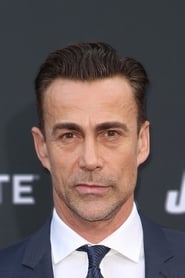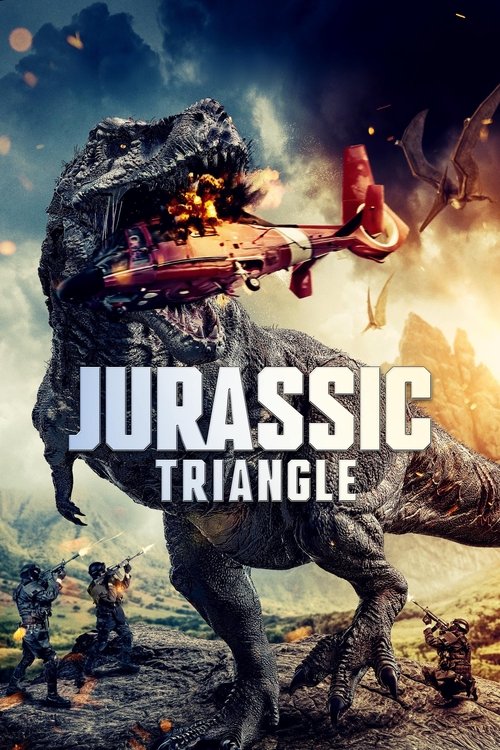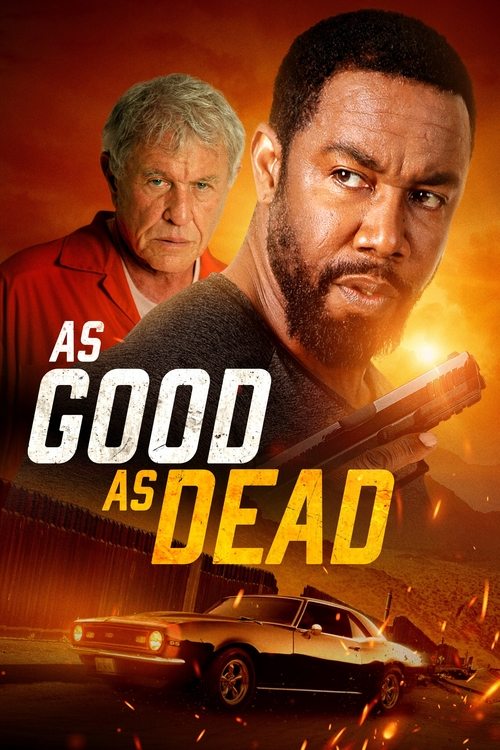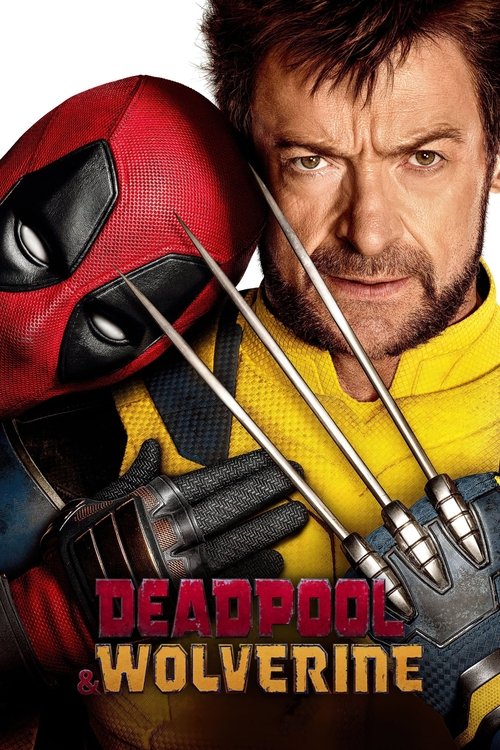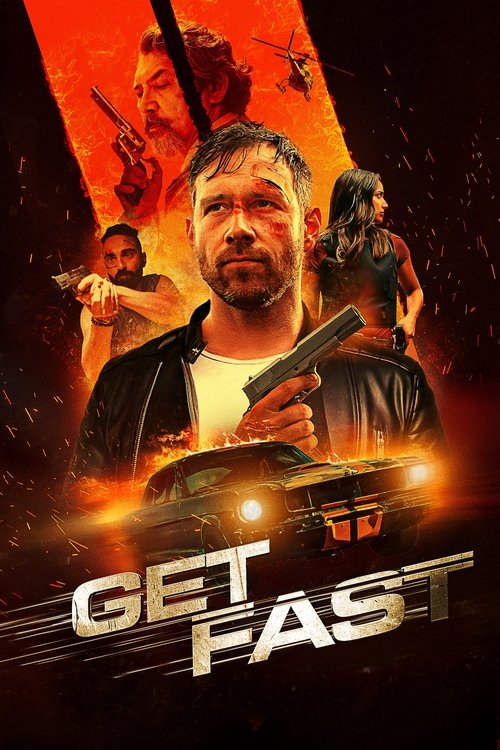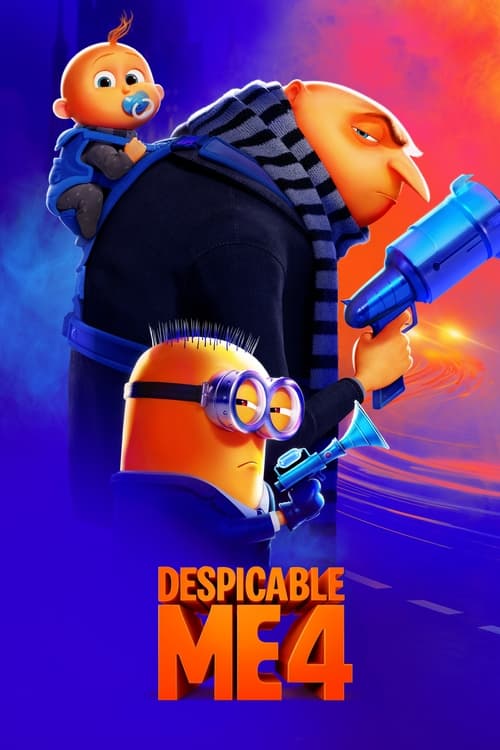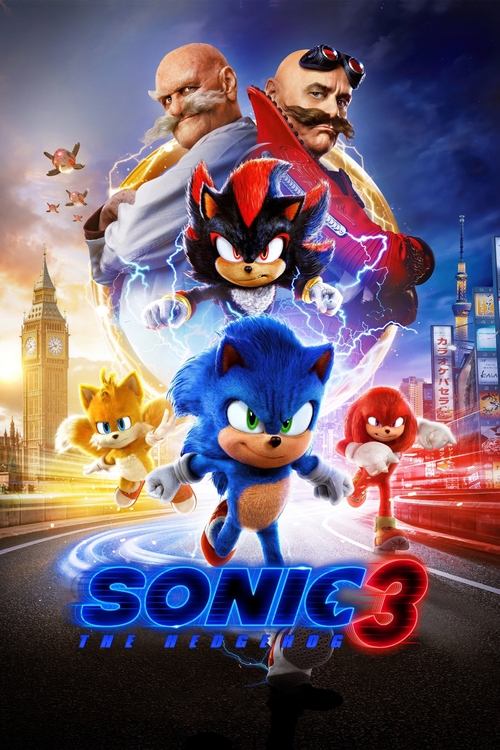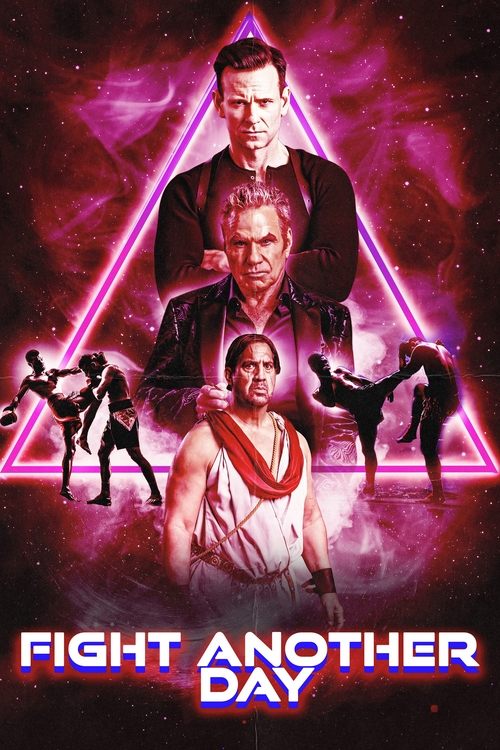
Ask Your Own Question
What is the plot?
Hutch Mansell sits bruised and battered in a stark FBI interrogation room, his face a map of recent violence, his demeanor calm and unyielding. When pressed by agents about who he is, he replies simply, "I'm nobody." This cryptic statement frames the story, which then flashes back to reveal the quiet, seemingly mundane life Hutch leads in a suburban neighborhood with his wife Becca and their two children, teenage son Brady and young daughter Sammy.
One ordinary evening, the fragile peace of the Mansell household shatters when two petty thieves break into their home. Hutch, armed only with a golf club, confronts them with a quiet intensity. He does not strike, despite the danger; instead, he restrains himself, aware that the burglar's gun is unloaded. This calculated restraint hints at a hidden past, a man capable of violence but choosing peace--for now. The thieves steal some cash and Hutch's watch before fleeing. Brady is disappointed by his father's passivity, seeing it as weakness, while Becca watches with a mixture of concern and understanding, aware of Hutch's deeper history.
The next day, Sammy notices her cherished cat bracelet is missing. Hutch suspects the thieves took it along with the cash and sets out to find them. Tracking one by a distinctive wrist tattoo, he confronts them but quickly realizes they do not have the bracelet; their robbery was desperate, driven by the need to pay for an infant's medical bills. Hutch leaves them unharmed, showing a complex morality beneath his quiet exterior.
Later, while riding a bus home, Hutch witnesses a group of drunken thugs harassing a young woman. The leader, Teddy Kuznetsov, is aggressive and violent. Hutch calmly intervenes, fighting off the attackers with brutal efficiency. In the chaos, Hutch breaks Teddy's windpipe, causing him to suffocate. Demonstrating a grim pragmatism, Hutch performs a crude tracheotomy, temporarily saving Teddy's life. This violent act sets off a chain reaction. Teddy is the brother of Yulian Kuznetsov, a ruthless Russian crime lord who oversees the mob's "obshak," their guarded money stash. Teddy's injury and subsequent coma enrage Yulian, who vows revenge.
Returning home, Hutch is patched up by Becca, who sees the bruises and knows the truth about his past life as a government assassin, a deadly "auditor" who once operated in shadows. Their strained relationship reveals emotional distance but also a lingering bond. Hutch vents his frustration about the dullness of suburban life, confessing, "I haven't been close to you in so long. It's been eating me up." Becca responds with quiet support, patching his wounds but also acknowledging the man he once was.
Meanwhile, Yulian Kuznetsov uses a metro card Hutch dropped during the bus fight to track him down. He bribes a Pentagon official to uncover Hutch's identity, revealing Hutch's deep and dangerous past. Yulian's men begin to close in, their intent clear: eliminate Hutch and send a message.
As the threat escalates, Hutch communicates via radio with his brother Harry, who is in hiding, and uncovers a box of fake IDs and cash stored by their father David Mansell. These items hint at a family legacy steeped in covert operations and violence. Hutch's brother-in-law Charlie offers him a gun for protection, but Hutch initially refuses, reluctant to return fully to his old life.
The climax erupts when Yulian's heavily armed men arrive at the Mansell family home. Hutch quickly ushers Becca, Brady, and Sammy into a panic room in the basement, a hidden fortress symbolizing both safety and the fragile illusion of normalcy. As the attackers breach the house, Hutch plunges into a relentless battle. Using a combination of firearms, knives, and brutal hand-to-hand combat, he kills most of the invaders. The violence is visceral and unyielding; Hutch's movements are precise, a deadly dance fueled by years of training and suppressed rage.
Despite his skill, Hutch is eventually overwhelmed, tased in the neck and captured. The gunmen throw him into the trunk of a car, intending to deliver him to Yulian. Inside the confined space, Hutch regains consciousness. Using a fire suppressant canister, he sprays the interior, causing the driver to lose control and crash violently. The crash kills all the occupants except Hutch, who escapes the wreckage.
Hutch then tracks down Yulian and his remaining men, confronting them in a final, brutal showdown. The fight is fierce and unrelenting. Hutch kills Yulian, ending the mob threat decisively, but not without cost. The film's tension peaks here, as Hutch's violent past fully resurfaces, shattering the quiet suburban life he tried to maintain.
In the aftermath, Hutch is arrested but released without charges after simultaneous phone calls to FBI agents suggest powerful connections protecting him. This release underscores Hutch's complex identity: a man both hunted and shielded by forces beyond the ordinary.
Months later, Hutch and Becca are house hunting, attempting to rebuild their lives. During a viewing, Hutch receives a phone call. He asks casually, "Does this place have a basement?" This question, simple yet loaded, signals that his violent past is far from over and that the cycle of conflict may continue.
In a mid-credits scene, the camera reveals David Mansell, Hutch's father, and Harry Mansell, his brother, armed and traveling in a campervan, presumably crossing a border. Their presence and weaponry hint at a dangerous family legacy that persists beyond Hutch's personal battles, suggesting that the world of covert violence and deadly skills is a family inheritance, not easily escaped.
Thus, the story of Nobody unfolds as a tense, brutal narrative of a man caught between a quiet family life and a violent past, with every confrontation, death, and revelation pushing him back into the shadows he once left behind.
What is the ending?
At the end of "Nobody," Hutch Mansell confronts the Russian mobsters in a final showdown at a warehouse. After a fierce battle, he defeats the mobsters and saves his family. The film concludes with Hutch sitting in a police car, reflecting on his actions, while a mysterious figure hints at a potential future conflict.
In a more detailed narrative:
As the climax of "Nobody" unfolds, Hutch Mansell, portrayed by Bob Odenkirk, finds himself in a high-stakes confrontation with the Russian mob. The scene is set in a large, dimly lit warehouse, filled with the remnants of a previous battle. The atmosphere is tense, with the air thick with anticipation and the faint sounds of distant sirens echoing in the background.
Hutch, having been pushed to his limits, is now fully embracing his past as a skilled operative. He is determined to protect his family and reclaim his sense of purpose. The warehouse is a labyrinth of crates and shadows, providing both cover and danger. As he moves stealthily through the space, his expression is a mix of focus and resolve, reflecting his internal struggle between the mundane life he has led and the violent skills he possesses.
The Russian mobsters, led by the menacing Yulian, played by Aleksey Serebryakov, are waiting for him. They are confident, believing they have the upper hand. However, Hutch surprises them with his tactical prowess. The fight erupts in a flurry of violence, with Hutch using his surroundings to his advantage. He employs a combination of hand-to-hand combat and improvised weapons, showcasing his training and instincts. Each blow he delivers is fueled by a mix of desperation and determination, as he fights not just for his life but for the safety of his family.
As the battle rages on, Hutch's family--his wife Becca, played by Connie Nielsen, and their two children--are shown in a parallel scene, anxiously waiting at home. They are unaware of the danger Hutch is facing, and their worry adds emotional weight to the unfolding chaos. Hutch's motivation to return to them safely drives him forward, even as he faces overwhelming odds.
In a pivotal moment, Hutch confronts Yulian in a brutal showdown. The tension is palpable as they exchange blows, each man embodying the stakes of their conflict. Hutch's face is marked with determination, but also the toll of the fight. He ultimately gains the upper hand, using his resourcefulness to outsmart Yulian. The fight culminates in a dramatic finish, with Hutch emerging victorious, but not without scars--both physical and emotional.
With the mobsters defeated, Hutch returns home, where he is greeted by his relieved family. The reunion is bittersweet; while they are safe, the events have irrevocably changed Hutch. He is no longer just the mild-mannered family man but a man who has embraced his darker past to protect those he loves.
In the final scenes, Hutch is seen sitting in a police car, reflecting on the chaos that has unfolded. The police, having arrived at the scene, are left to process the aftermath of the violence. Hutch's expression is one of contemplation, hinting at the internal conflict he faces moving forward. He has reclaimed his agency but at a significant cost.
As the film closes, a mysterious figure appears, suggesting that Hutch's past may not be fully behind him. This leaves the audience with a sense of unresolved tension, indicating that while he has triumphed in this battle, the war may not be over. The fate of Hutch is one of complexity; he has protected his family but has also awakened a part of himself that may lead to further conflict in the future. The film ends on this note, leaving viewers to ponder the implications of Hutch's choices and the path that lies ahead for him and his family.
Who dies?
In the movie "Nobody," several characters meet their demise, each death serving to propel the narrative and highlight the film's themes of violence, revenge, and the consequences of a hidden past. Here are the key deaths:
-
Yulian Kuznetsov: Yulian is a powerful and ruthless crime lord who becomes the primary antagonist of the film. His death occurs towards the climax when Hutch Mansell, the protagonist, confronts him in a brutal showdown. After a tense and violent fight in a warehouse, Hutch ultimately kills Yulian by stabbing him in the neck with a broken piece of glass. This act is not just a means of self-defense but also a culmination of Hutch's transformation from a seemingly ordinary man into a lethal force, driven by the need to protect his family and reclaim his lost identity.
-
Yulian's Henchmen: Throughout the film, several of Yulian's henchmen are killed during the confrontations with Hutch. In one notable scene, Hutch takes on a group of armed men in a warehouse, showcasing his combat skills. He dispatches them with a combination of hand-to-hand combat and strategic use of weapons, including firearms. The deaths of these henchmen serve to illustrate Hutch's capabilities and the escalating violence that surrounds him as he embraces his past.
-
The Home Invasion Thieves: Early in the film, two thieves break into Hutch's home, intending to rob him. During this encounter, Hutch initially holds back, but when they threaten his family, he unleashes his pent-up aggression. He severely injures one of the thieves, and while the other escapes, the encounter marks a turning point for Hutch, igniting his dormant instincts and setting off the chain of events that lead to the larger conflict with Yulian.
These deaths are pivotal in the narrative, reflecting Hutch's internal struggle and the consequences of his choices as he navigates the violent world he once left behind. Each character's demise is intricately tied to Hutch's journey, showcasing the film's exploration of identity, morality, and the impact of one's past actions.
Is there a post-credit scene?
In the movie "Nobody," there is indeed a post-credit scene that adds a layer of intrigue to the story. After the main credits roll, the scene opens in a dimly lit, abandoned warehouse. The camera pans slowly, revealing a group of men who are clearly part of a criminal organization. They are gathered around a table, discussing the aftermath of the chaos caused by Hutch Mansell, the protagonist.
As the conversation unfolds, one of the men expresses concern about Hutch's actions and the potential repercussions. The tension in the room is palpable, underscored by the flickering light overhead. The leader of the group, a menacing figure, dismisses the concerns, indicating that they should not underestimate Hutch. He reveals that they have been tracking him and that he is not just an ordinary man but someone with a dangerous past.
The scene ends with a close-up of the leader's face, a sinister smile creeping across his lips as he states that they will deal with Hutch soon. This moment hints at potential future conflicts and sets the stage for further developments in Hutch's story, leaving the audience with a sense of anticipation and excitement for what might come next.
What motivates Hutch Mansell to take action against the home invaders?
Hutch Mansell, played by Bob Odenkirk, is initially portrayed as a meek and unassuming family man who feels trapped in a mundane life. The home invasion serves as a catalyst for Hutch, awakening his suppressed past as a skilled assassin. His motivation to take action stems from a combination of personal humiliation, the desire to protect his family, and a longing to reclaim his lost identity and purpose.
How does Hutch's past as an assassin affect his relationship with his family?
Hutch's past as an assassin creates a significant emotional distance between him and his family. His wife, Becca, played by Connie Nielsen, is unaware of his former life, which leads to tension and misunderstandings. As Hutch begins to embrace his violent past, he struggles with the fear of exposing his true self to his family, particularly as he becomes more involved in dangerous confrontations. This internal conflict highlights his desire to protect them while grappling with the darker aspects of his identity.
What role does the character of Yulian Semyonov play in the story?
Yulian Semyonov, portrayed by Aleksey Serebryakov, is a ruthless Russian mobster who becomes the primary antagonist after Hutch retaliates against the home invaders. Yulian's character is marked by a cold, calculating demeanor and a fierce loyalty to his criminal empire. His pursuit of Hutch escalates the conflict, showcasing the violent underworld that Hutch is drawn back into. Yulian's relentless nature serves as a stark contrast to Hutch's initially subdued character, pushing Hutch to fully embrace his lethal skills.
What is the significance of the cat bracelet in the story?
The cat bracelet is a pivotal symbol in the film, representing Hutch's daughter, who is deeply affected by the home invasion. When Hutch retrieves the bracelet from the home invaders, it becomes a tangible reminder of his family's vulnerability and the stakes involved in his quest for vengeance. The bracelet serves as a catalyst for Hutch's transformation, fueling his determination to protect his family and confront the threats they face.
How does Hutch's confrontation with the Russian mob escalate throughout the film?
Hutch's confrontation with the Russian mob escalates dramatically as he begins to take control of his situation. Initially, he is on the defensive after the home invasion, but as he seeks revenge, he becomes more aggressive. The escalation is marked by a series of violent encounters, including a brutal fight on a bus where Hutch showcases his combat skills. This confrontation culminates in a showdown at Yulian's hideout, where Hutch fully embraces his past and unleashes his lethal capabilities, leading to a climactic battle that resolves his internal struggle and reaffirms his role as a protector.
Is this family friendly?
The movie "Nobody," produced in 2021, is not considered family-friendly and contains several potentially objectionable or upsetting scenes. Here are some aspects that may be concerning for children or sensitive viewers:
-
Violence: The film features intense and graphic violence, including hand-to-hand combat, gunfights, and brutal beatings. The action sequences are often depicted in a raw and visceral manner.
-
Language: There is frequent use of strong profanity throughout the film, which may be inappropriate for younger audiences.
-
Themes of Crime: The storyline revolves around criminal activities, including drug dealing and organized crime, which may not be suitable for children.
-
Emotional Distress: Characters experience significant emotional turmoil, including feelings of helplessness, anger, and despair, which could be upsetting for sensitive viewers.
-
Death and Injury: The film includes scenes of death and serious injury, which are portrayed in a graphic manner that may be disturbing.
-
Substance Use: There are references to drug use and the criminal underworld, which may not be appropriate for younger viewers.
Overall, "Nobody" is intended for a mature audience and contains content that may be distressing or inappropriate for children.

